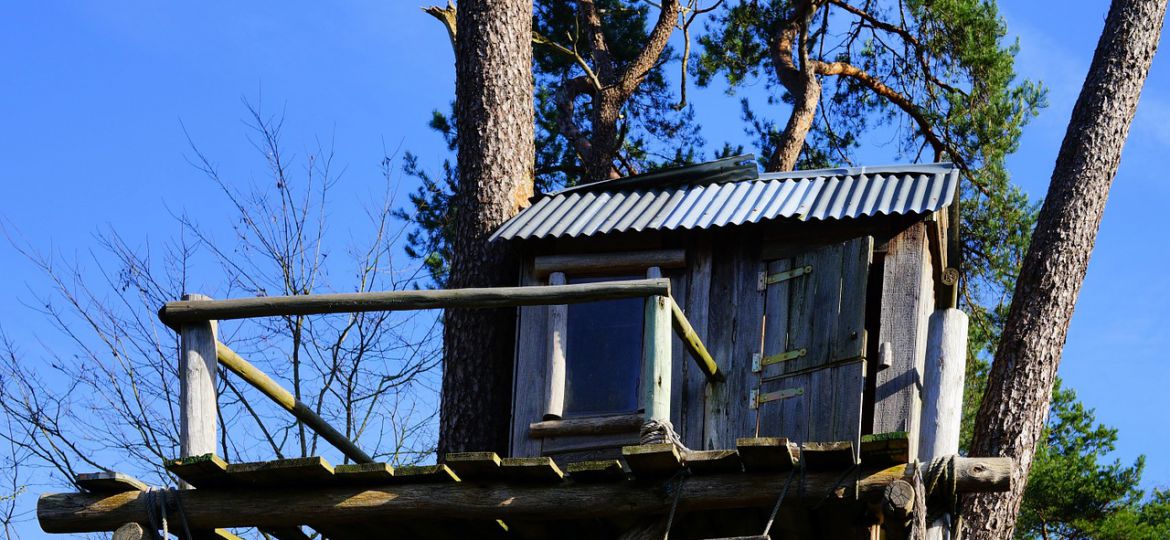
Safety and Sexuality… in these uncertain times of COVID-19 when most of the world is in some form or other of quarantine, safety has taken on a new meaning all together. People are encouraged to stay home, not step out unless absolutely necessary, practice social distancing, and so on. Is home the safest place to be? What about if home and family are where one feels least safe?
Shikha Aleya interviews Shruti Arora, a feminist trainer and researcher in the field of gender and sexuality. Shruti questions what kind of a family is ideal and whether there isn’t one but many forms of family, what friendship can offer and who has access to safe spaces. Suniti Neogy writes about the right to sexuality education for adolescents and the irony of it not being accessible to teachers as well as other adults themselves who don’t find the topic of sexuality ‘safe’ enough to talk about.
Can pleasure and safety go together, or do we have to choose? Is the act of sex as pleasurable as the glorification of it would have us believe? Faustina Johnson strips away the façade around sex to expose the hype behind it.
Can someone who doesn’t abide by the norms of a heteronormative society feel safe enough to explore their sexuality? Do they take a risk by sharing their feelings with a larger community? How do they deal with guilt, anger and fear? Pallavi writes about her experience of having sex with another woman for the first time. Asmi reflects on going beyond safety and emphasises communication as a bridge between safety and sexuality.
Even before our realities changed with this new virus, could all people who had a home call it safe? What about domestic violence and sexual abuse in homes? Elsa D’Silva reviews the film Gerald’s Game and raises questions about how safe women and girls are in their own homes where those who are supposed to take care of them are in fact their abusers, where protectors turn into monsters. Is there as much awareness about gender-based violence as there is about the Corona virus?
In Hindi, we have a translation of an anonymous contributor’s article about discovering that a women’s hostel could be liberating and empowering, the embodiment of her idea of an ideal home. In Brushstrokes, the comic Finding Home explores the meaning of ‘home’ for queer people – a place of comfort, celebration and authenticity. Speaking of authenticity, The School of Life’s video on The Importance of Vulnerability tells us that it is when we share our deepest feelings and vulnerabilities with others that we find safety, and can be and share our true selves.
In these times of social distancing, sexual distancing may not be on every one’s mind. In the Tech Corner read about sex, dating, tech and COVID-19.
In our mid-month issue, we continue to explore connections between safety and sexuality. Safety has always been an important issue, especially for people of marginalised status. In these days of the COVID -19 pandemic, it is even more so as with the ‘stay at home’ mandate, incidents of intolerance and domestic violence are on the rise. Physical distancing may not be possible within cramped spaces and the stress and uncertainty caused by the current times may break already frayed nerves. Here are some tips on self-care and safety with a list of resources (articles and videos) compiled especially for trans and queer people but can be used by anyone who is in a vulnerable situation or is feeling a bit wobbly right now.
This time may be hard and scary but it will pass. After it passes we may not ‘return to normalcy’, for what can be a return to the normal after so much devastation? And, we must not return to normal. We must do better and fix what is so clearly wrong with the ways in which we live, treat each other and consume mindlessly. In terms of safety what is clearly wrong is that ‘safety’ is filtered in or out through layers of caste, class, creed, gender, religion, and sexual orientation to name just a few factors. Not everyone has access to safety and finding it is an everyday struggle for many people. Even before these times of having to stay at home, many people have been searching for safety online. Some find it in the form of the acceptance and positivity they encounter within online communities and eventually are able to make peace with their body that they earlier hated. Others find community, identity and friendship on spaces like Tumblr. Many of us are spending more time online these days while we wait till we can get back on to the streets. And when we do finally get to move about freely, we need to reframe the ways we think about safety, especially that of women (and indeed of other marginalised genders and communities). If nothing else, let us during this time of pause and isolation envision how we may collectively work towards building safe spaces that are accommodating of the diversity of the living beings all around us.
For those of you who want to use this period to deepen your knowledge or hone your skills, TARSHI’s e-learning courses on Sexuality and SRHR as well as on Comprehensive Sexuality Education are available at a special 50% discount if you register and pay (by bank transfer) between April 18 and 30, 2020. Write to mail@tarshi.net for more details.
Stay well, stay happy! A positive attitude is the best vaccine!
Cover Image: Pixabay